Xinjiang aids strong ties with neighbors
Updated: 2011-09-02 08:47
By Sun Shangwu, Cui Jia and Li Xiaokun (China Daily)
|
|||||||||||
URUMQI - Xinjiang plays a strategic role in tightening the relationship between China and Pakistan, the president of Pakistan said on Thursday.
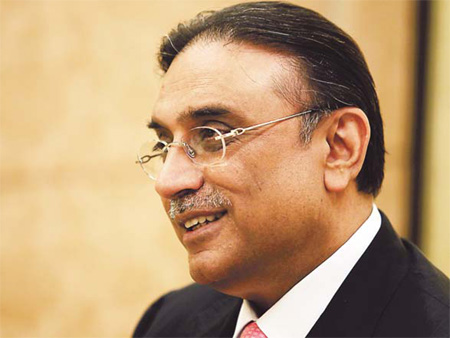 |
|
President of Pakistan Asif Ali Zardari gives an exclusive interview to China Daily in Urumqi, capital of the Xinjiang Uygur autonomous region, on Thursday. [Photo / China Daily] |
"The region is the closest point to my border and it is where the future of Pakistan and China meets, so we are hoping that the region could act as the linking point of a communication network as well as a road and railway network between the two countries," President Asif Ali Zardari said during an exclusive interview with China Daily on the sideline of the first China-Eurasia Expo.
The expo is taking place in Urumqi, capital of the Xinjiang Uygur autonomous region, from Sept 1 to 5.
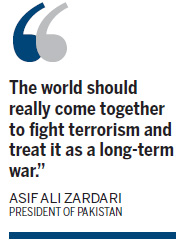
It is Zardari's first visit to Xinjiang and he said he "always wanted to see this part of China", which was the most important region on the old Silk Road connecting Asia and Europe. "Now Xinjiang will once again become the trading point," he said.
In a speech at the expo on Thursday morning, Zardari said Pakistan already has a highway leading to Xinjiang, while a cross-border railway is on the agenda.
Through such efforts, Pakistan is to become the gateway for China to enter South Asia, he said.
"The Silk Road will be fully revived."
The president said the development of the western parts of China, including Xinjiang, is truly remarkable and Pakistan views Xinjiang's development and prosperity as its own.
One of Zardari's daughters is planning to study Chinese in China after graduating from college. "It's not only about learning the language. It's about learning the Chinese way and the people's mindset."
Counter-terrorism
As the frontline of counter-terrorism battles, Pakistan badly needs the world's patience, Zardari said.
"The world today is losing its patience because maybe terrorism is not happening in some countries and their tolerance level is going down," he added.
"The world should really come together to fight terrorism and treat it as a long-term war."
He said the new phenomenon of terrorism is that non-state actors can take nations to war.
"All the people who were involved in the Sept 11 attacks in the US 10 years ago were non-state actors and they had taken the superpower to war," he said.
"Now those non-state actors, including individuals and groups, have decided to take on nations."
He said countries and people around the world have to recognize that the war against terror is the war against a mindset that is trying to change the world order, and it should be combated accordingly. Zardari said earlier at the China-Eurasia Expo that Islamabad will fight terrorism and extremism with all its strength.
Pakistan perhaps understands the need to root out threats to stability better than other countries, as his country has made "far more sacrifices than any other country" in fighting terrorism and extremism, Zardari said.
"The recent incidents of terrorism in Xinjiang dismayed us," Zardari said, adding terrorism will not discourage the march towards development and prosperity.
He also vowed closer cooperation with China in counter-terrorism efforts.
The president applauded China's efforts to fight religious extremism, which in Pakistan has pitted "neighbors against neighbors and friends against friends".
Hot Topics
Libya conflict, Gaddafi, Oil spill, Palace Museum scandal, Inflation, Japan's new PM, Trapped miners, Mooncake tax, Weekly photos, Hurricane Irene
Editor's Picks
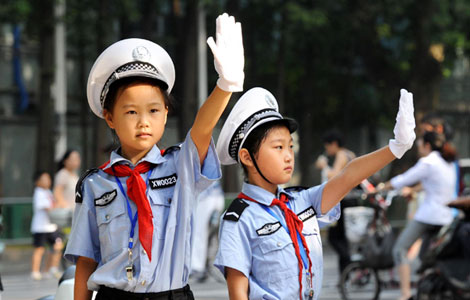
|
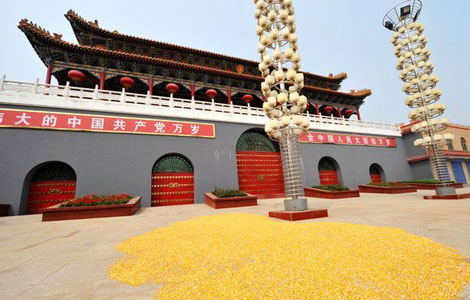
|
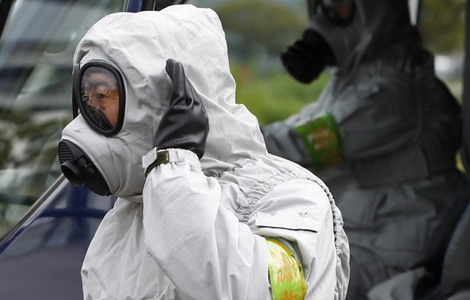
|

|
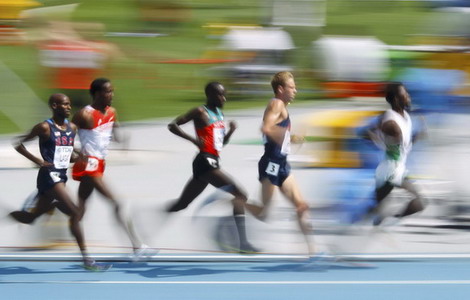
|

|







